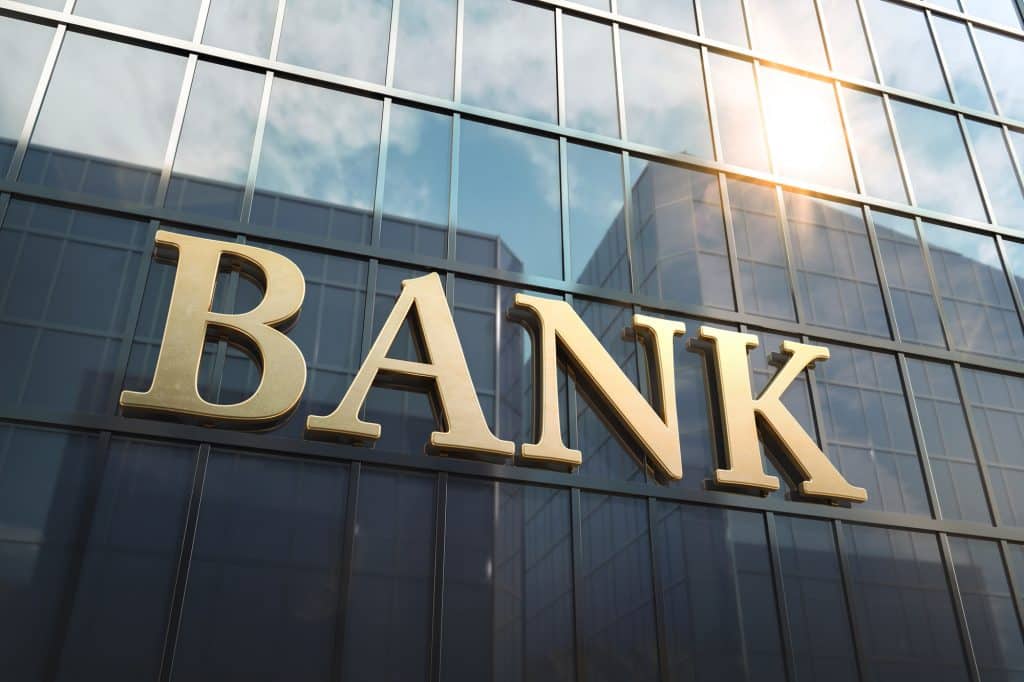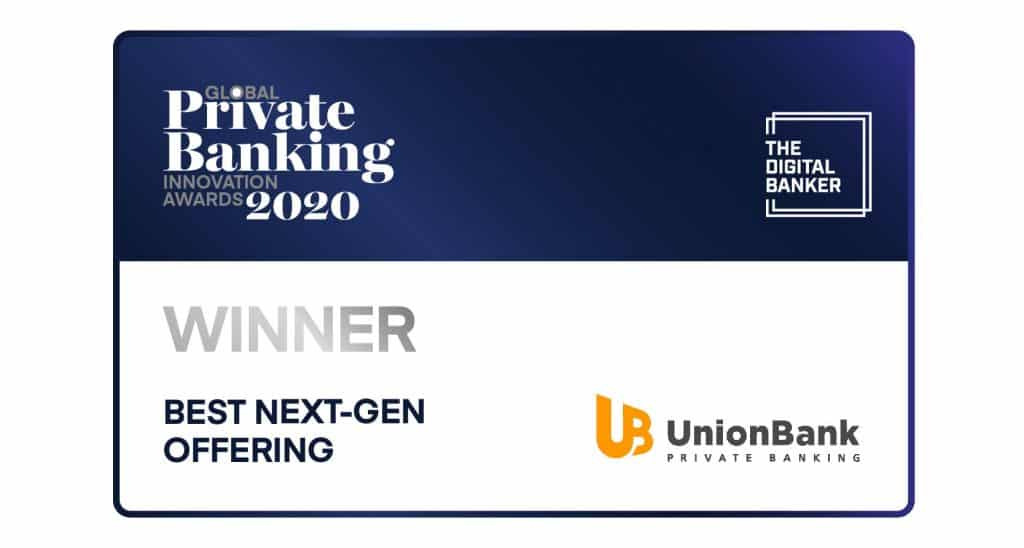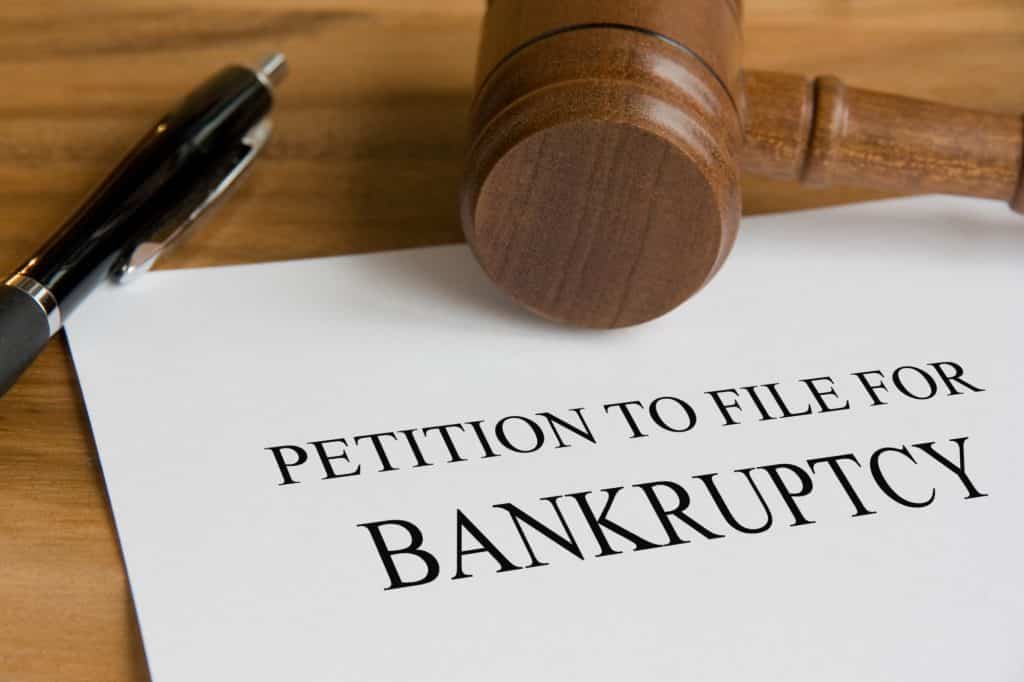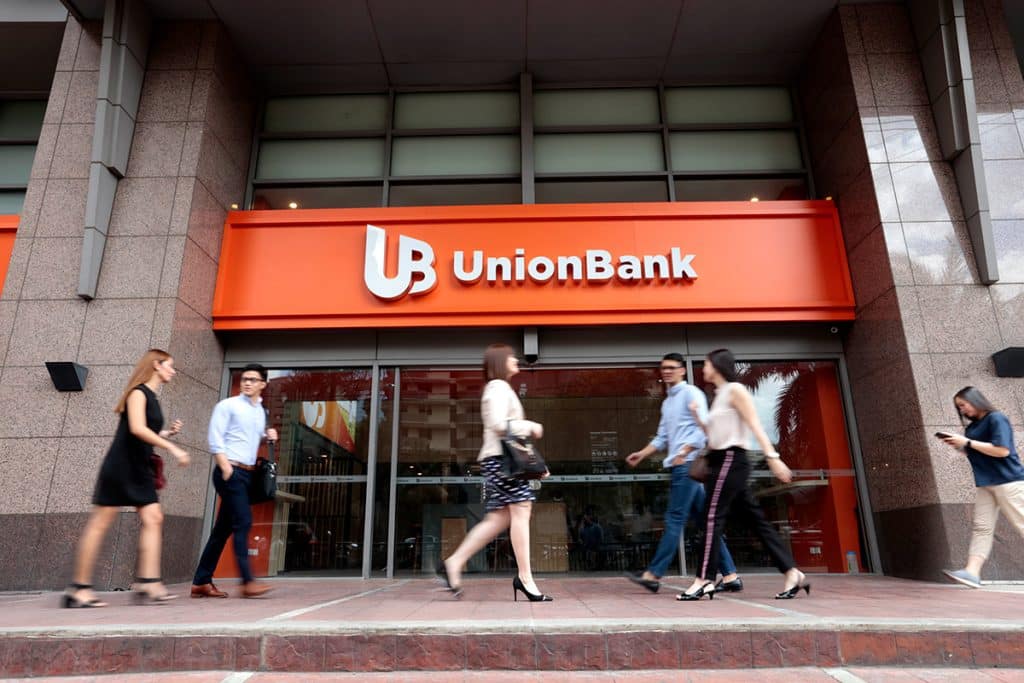The number of unbanked Britons currently stands at around 1.2 million. Banks in the United Kingdom play an essential role in bridging the individual and business-related financial needs. These financial institutions provide access to lending and borrowing facilities on top of offering safe volts for savers.
As a client, choosing a bank that serves your needs is never easy. It would help if you considered a wide range of factors before settling for specific banking services. A reliable banking services provider should be able to guarantee you security, convenience, and cost-effectiveness.
Are you in the process of selecting a banking services provider? Vetting such potential financial institutions is vital. These eight questions can help you probe such prospective banking service providers before entrusting them with your financial needs.
1. How Much Are the Bank Charges?
Let’s face it; cost is the main deal-breaker when choosing a banking services provider. You might need a clear summary of the banking charges before selecting the right bank for you. Consider the summary of all the costs, terms, and conditions stipulated by the institutions before making a decision.
You might need to ask the potential service provider about any extra charges attached to their bank cards. This question will also help you figure out other management fees that apply. Some banks charge a fee for keeping your current and saving accounts.
It’s important to consider all these charges before making a decision. These standard banking fees should help you determine whether the potential banker is convenient for you.
2. What Are the Digital Services Available?
Every sector of the economy has since gone digital. The banking sector is not an exception.
Most banking services providers now offer online services. However, there’re disparities on the different platforms and the range of services each bank offers. A reliable banking services provider should provide online services that help you save time and money.
Online banking services should also be available at all times and on any device. Today, over 2.5 billion people globally have access to smartphone devices. As such, a suitable banking services provider should offer online banking services and mobile banking options.
Digital banking plays a vital role in bridging the gap among unbanked citizens. The Union Bank of the Philippines has been at the forefront in providing digital banking services to these unbanked populations.
3. What Are Your Account Requirements?
Before you settle for a banking services provider, it would help to consider the dynamics related to account opening. You don’t want to end up selecting a specific bank only to learn about unfavourable account opening requirements later.
What are your potential bank’s minimum requirements when opening an account? You might need to consider the minimum balance you need when opening an account. Further, it would help to consider the minimum balance that your account must have to remain active.
Be sure that the underlying account requirements are stipulations you can easily manage. This will limit the risk of surprises in the future.
4. Do You Allow for Overdraft?
Sometimes your account balance depletes below the withdrawable minimum. When this happens, most customers result in overdrafts. It’s important to understand beforehand if your bank allows overdraft transactions.
You would also want to be sure that the bank charges manageable charges when you overdraft. It would also help to gather information on whether your bank allows for overdraft protection. This is where you have the option of covering an overdraft with money from a different account.
5. Do You Have a Branch Near Me?
Online or digital banking introduces remarkable ease and convenience when accessing financial services. Some particular needs or queries may require a physical meeting with a representative or the bank manager. It’s comforting to know that you have your money in a bank where you can walk in and out at your convenience.
You might need to consider an institution that’s closer to your work or home. It’s safer to spend your time researching on banks that are closer to you on top of fitting your criteria. A bank that’s close enough makes the process of filing and receiving feedback on complaints easier.
6. What Other Services Do You Offer?
Not all banks are the same. Financial institutions offer different banking services that suit varying customer needs. Talking to bankers can help you unpick the unique services on offer.
Apart from lending and borrowing, banks also offer a wide range of differentiated services. It would help to consider these unique services when considering a bank. For instance, banks that provide both regular banking and Islamic banking show a unique sense of inclusivity.
It would be best if you also considered a bank with unique facilities such as investment and wealth management. Partnering with the Union Bank of Philippians ensures that you have access to private, wealth, and investment management.
7. Are There Withdrawal and Transfer Limits?
You don’t want to end up working with a bank that limits you. Part of the need to have a convenient banking service is to expand your freedom when making transactions. It would be objectionable to rack up interest on your hard-earned money, yet have limits when it comes to withdrawal.
If you intend to save up considerable amounts of money in your account, this question is essential. Ultimately, how much you can withdraw should interest you. You don’t want to end up having to borrow money elsewhere while there’s money in your account due to limits.
8. Do You Have Testimonials?
There’s nothing more important than a reputation when dealing with a banking services provider. This is why references and reviews should be at the centre of this vetting process. Can your potential bank present a list of testimonials for exemplary services?
Positive reviews play an essential role in determining a bank’s reputation. Consider testimonials as one of the determining factors when dealing with a banking services provider.
Vetting Your Prospective Banking Services Provider Is Non-Negotiable
Finding a secure and convenient way to bank your hard-earned money is vital. You don’t want to end up feeling frustrated when trying to access banking services. Convenience, affordability, and accessibility should be at the centre of your selection process.
Are you looking for a reliable banking services provider? These eight top questions can help you get a secure banking facility as soon as possible. At Union Bank of the Philippians, our impeccable services and products are the perfect answer to these questions.
Have you been looking for a bank that encompasses convenience and safety under one roof? Visit our page for more resources.






